Course Overview
Electrical engineers are responsible for designing new systems, solving problems, testing equipment, and working on a wide range of components and systems, including communications systems, power plants, electrical machines, navigation systems, and electrical systems for automobiles and aircraft. This practical qualification will ensure you graduate job-ready as an electrical engineering technologist in many industries such as power generation and supply, communications and media, computer systems, and robotics. Upon completion of this program, you will gain skills and knowledge in the latest electrical engineering technologies.
This course is internationally recognized under the Sydney Accord.
Program Details
The field of engineering concerned with the study and application of electricity and electromagnetism is electrical engineering. Essential to our modern infrastructure and conveniences, electrical engineers employ their skills across a large number of specializations, including the design of household appliances, lighting, building wiring, telecommunication systems, robots, power generation, transmission, distribution, and utilization.
With this qualification, you will have acquired the essential knowledge which underpins both this and other fields of engineering. More importantly, you will have become an electrical engineering technologist.
The degree consists of a combination of common units, sub-discipline specific ‘stream’ units, industrial work experience, and a final year project. The program duration is three years full-time. We deliver units over two semesters per year, and you will take 5+4 units per semester. There will be a short mid-semester break and extended breaks between semesters.
Please refer to the current teach-out program structure here.
Year One
| Unit Code | Subjects | Credit Points |
| BSC101 | Engineering Mathematics 1 | 3 |
| BSC102 | Electrical Circuit Theory and Analysis | 3 |
| BSC103 | Engineering Physics and Materials | 3 |
| BSC104 | Engineering Drawing and CAD | 3 |
| BSC105 | Engineering Ethics and Professional Practice | 3 |
| BSC106 | Engineering Mathematics 2 | 3 |
| BSC107 | Engineering Programming | 3 |
| BEE106 | Fundamentals of Electronics & Electronics Design | 3 |
| BEE108 | Rotating Electrical Machines | 3 |
Year Two
| Unit Code | Subjects | Credit Points |
| BSC111 | Industrial Instrumentation and Control | 3 |
| BSC209 | Analysis and Modelling of Industrial Control Systems | 3 |
| BSC202 | Engineering Mathematics 3 | 3 |
| BEE204 | Electricity Supply Chain | 3 |
| BSC201 | Engineering Management | 3 |
| BEE205 | Transformers and Switchgear | 3 |
| BSC206 | Communications and Networks | 3 |
| BEE208 | Power Electronics and Converters | 3 |
| BEE212 | Signal Processing | 3 |
Year Three
| Unit Code | Subjects | Credit Points |
| BEE308 | Power System Protection | 3 |
| BEE303 | Renewable Energy Systems | 3 |
| BEE309 | Big Data Analytics in Electricity Grids | 3 |
| TBA | Elective-1* | 3 |
| TBA | Elective-2* | 3 |
| BSC305 | Technology, Sustainability and Society | 3 |
| BSC307 | Engineering Capstone Project (Electrical Engineering) | 9 |
Additional Mandatory Units
| Unit Code | Subjects | Credit Points |
| Hands-on Workshop 1 | 0 | |
| BXX001-004 | Hands-on Workshop 2 | 0 |
| Hands-on Workshop 3 | 0 | |
| Hands-on Workshop 4 | 0 | |
| BSC210 | Industrial Experience | 0 |
List of Electives* (2 Electives to be selected)
| Unit Code | Subjects | Credit Points |
| BEE301 | Electrical utilisation | 3 |
| BEE310 | Electrical Safety, Earthing and Lightning Protection | 3 |
| BEE311 | Power Quality and Energy Efficiency | 3 |
| BSC108 | Engineering Statics | 3 |
| BME204 | Machine Dynamics | 3 |
| BIA205 | Introduction to Programmable Logic Controllers | 3 |
| BIA307 | IT/OT Cyber Security | 3 |
| BIA308 | Industrial Robotics and Mechatronics | 3 |
| BIA207 | Modern Industrial Communication Systems and Protocols | 3 |
Work-Integrated Learning
EIT’s Bachelor of Science programs require students to undertake 240 hours of paid or unpaid professional work-integrated learning. This can incorporate paid or unpaid internships, site visits, contributing to industry projects, and networking activities.
In undertaking an internship, students will interact with employees and become exposed to organizational policy and culture. You will familiarize yourself with organizational communication procedures, a variety of engineering disciplines, and obtain insight and practical aptitude in projects from the planning phase to completion.
If you already have some work experience in the relevant engineering field, you may apply to have credit granted by completing the associated recognition of prior learning form.
Bachelor of Science (Electrical Engineering) – Mapping of Program Learning Outcomes with Graduate Attributes and Engineers Australia Stage 1 Competencies for Engineering Technologists.
Entry is available to applicants who hold one of the following:
1. Year 12: Australian Senior Certificate of Education (or equivalent), completed within the past 3 years, with a minimum score of 60% in Maths;
- Applicants who have completed Yr 12 (or equivalent) more than 3 years ago will also need to demonstrate relevant work experience in the field of study applied for.
2. A relevant (to the sub-discipline) Engineering AQF Diploma or higher or a relevant (to the sub-discipline) overseas qualification equivalent to an Engineering AQF Diploma or higher which was completed within the last 10 years with successful completion of all Maths units/modules + recent industry work experience in a relevant field.
English Language Proficiency Requirements:
Entry to this course requires demonstration of English language proficiency at the level of an IELTS overall score of at least 6.0 (with no individual band score less than 5.5)
The methods of satisfying this English language proficiency requirements are generally through (but not limited to):
- An Australian Senior Certificate of Education or equivalent.
- A specified level of achievement in a recognised English language test, such as IELTS (or equivalent).
- Satisfactory completion of another tertiary course offered in English.
- Work history in an organization where English is the language of communication.
NOTE: All CRICOS applicants from non-English speaking countries (as determined by the Australian Department of Home Affairs) are required to provide results from a recognised language test such as IELTS or equivalent.
NOTE: All applications will be assessed on a case-by-case basis.
For full current fees in your country go to the drop down filter at the top of this page or visit the Fees page.
Payment Methods
Learn more about payment methods, including payment terms & conditions and additional non-tuition fees.
Like all Australian higher education providers and universities, EIT programs are accredited by the exacting standards of the Australian Government’s Tertiary Education Quality and Standards Agency (TEQSA). This bachelor’s degree is fully accredited by Engineers Australia under the Sydney Accord. It is internationally recognized under the International Engineering Alliance (IEA) accords and the various signatories.
Find out more about country-specific accreditation and professional recognition.
This course is classified as Level 7 under the Australian Qualifications Framework (AQF).
Graduates will be employable as technologists working in a wide range of manufacturing, industrial, chemical, military, mineral processes, and mining industries.
Potential job roles include engineering and management positions in the following areas of expertise:
- Electrical system planning, design, and development
- Power supply, distribution, and transmission
- Electrical commissioning and power production management
- Renewable energy
- Electrical instrumentation and control
- Electronics research, design, and testing
- Operations, maintenance, field services, and technical support
- Electrical project management and business development
- Radio and television broadcasting
- Mining
- Advanced Automation & Robotic Systems.
- Space Defense Systems
This course may use the following software:
- Desmos online calculator
- National Instruments ELVISmx Instrument Launcher
- National Instruments Multisim
- Autodesk Inventor
- AutoCAD
- MATLAB/SIMULINK
- EasyEDA
- PSIM (PowerSimTech)
- PSCAD
- SCILAB
- Python Jupyter Notebook or Google Colab
- PowerFactory
- EasyPower
- ETAP
- WEKA
- LabView
- ANSYS
- SolidWorks
- Inventor
- Philips Product Selector
- MechAnalyser
- Codesys & RSLogix 5000
Due to ongoing unit and course reviews, software may change from the list provided.
Learn more about the Practical Learning at EIT here
Our bachelor’s degrees take three years to complete full-time. Full-time students will spend approximately 40 -50 hours per week on study .This includes learning the program material, completing assessments and attending tutorials.
Applications are open for our upcoming intake. You must submit your application at least four weeks before the start date to be considered for your desired intake.
A census date is the date at which an enrolment is considered to be final. Any withdrawal you make after the study period census date will incur an academic penalty (for example, a fail grade) and a financial penalty (for example, no refund of your student contribution or tuition fees). See our current census dates.
Any student has a right to appeal a decision of the Engineering Institute of Technology (EIT) or any member of the institute’s staff. EIT has a comprehensive Policy on Appeals and Grievances to assist students.









